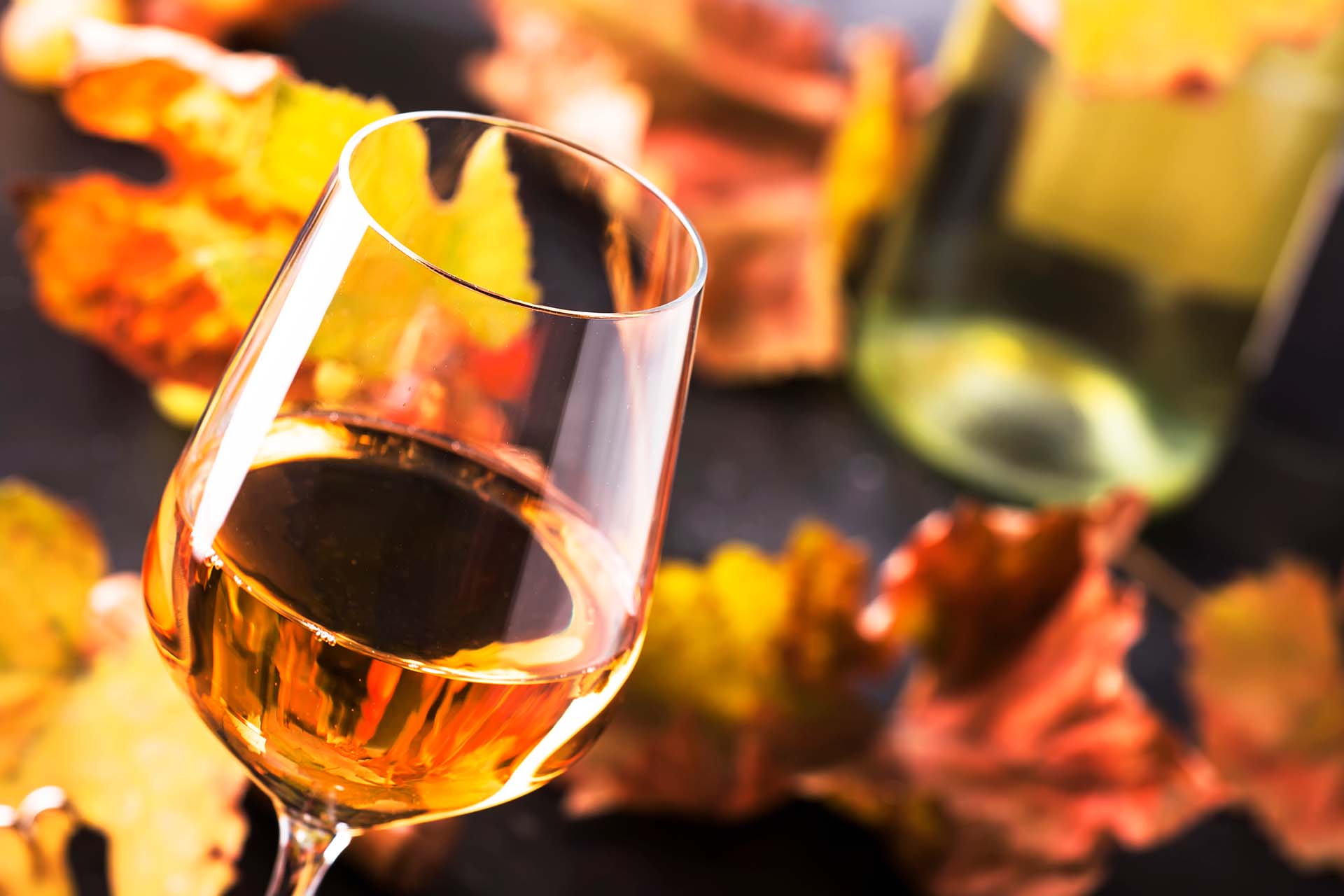I’ll begin by saying, I appreciate the sentiment behind “Come Over October.” On paper, it’s a beautiful idea—leaning into the communal aspect of wine, encouraging people to come together and celebrate, and emphasizing that wine has historically been about more than just the liquid in the glass. It’s about connection, friendship, and those moments that matter. And as someone who’s dedicated a decade to helping wineries connect with the next generations of wine drinkers, I know that’s the heart of the business. We’re selling experiences as much as we are selling wine.
But here’s where I think “Come Over October” gets it wrong: It conflates current anti-alcohol messaging with the sober curious movement and dry month initiatives like Sober October and Dry January. Sober curiosity and dry month initiatives aren’t about demonizing alcohol—they’re about giving people, especially younger generations, the space to reset, reflect, and choose moderation when it fits their lifestyle.
We’ve spoken and written at length about how to onboard the next generations of wine drinkers (I even have a YouTube video breaking down how to market moderation!). And in that, the focus is always on meeting consumers where they are. Younger generations—Gen Z and Millennials—are prioritizing health, balance, and mindful choices. They’re not anti-wine; they’re just pro-choice. And if they’re taking a break or experimenting with alcohol-free options now, it doesn’t mean they’re gone for good. They’re just exploring different ways to engage with social experiences.
I’ve talked extensively about how wineries can and should be leaning into this, rather than resisting. It’s not about selling less wine; it’s about broadening the definition of what a wine experience can be. And, honestly, the smartest wineries are already doing this. They’re creating environments where someone who’s sober curious or taking a month off doesn’t feel excluded. This means offering non-alcoholic options that aren’t just afterthoughts—they should be as well-crafted and as thoughtfully presented as the wines on offer. Serve them in proper glassware, create tasting flights for non-alcoholic alternatives, and make those guests feel as welcome and valued as anyone else in the room.
And here’s where I get frustrated with “Come Over October.” By going head-to-head with Sober October, it feels like a defensive stance rather than an opportunity to innovate. Yes, the WHO’s message about alcohol is extreme and, frankly, problematic for our industry. But lumping together sober curiosity, which is customer-driven and positive, with anti-alcohol rhetoric misses the point. If wineries show resistance to the sober curious movement, they risk alienating a whole demographic that’s poised to return when they’re ready to drink again. And when they do return, they’re going to bring their friends with them.
At 5forests, we talk a lot about customer-centricity, and here’s what that looks like: accepting that consumers are more than just drinkers. They are individuals who may want to engage with wine culture on their own terms. If wineries can get behind that idea, then they’ll not only protect their relevance but also grow in ways that truly reflect the diverse needs of their customers. That’s where the opportunity lies.
